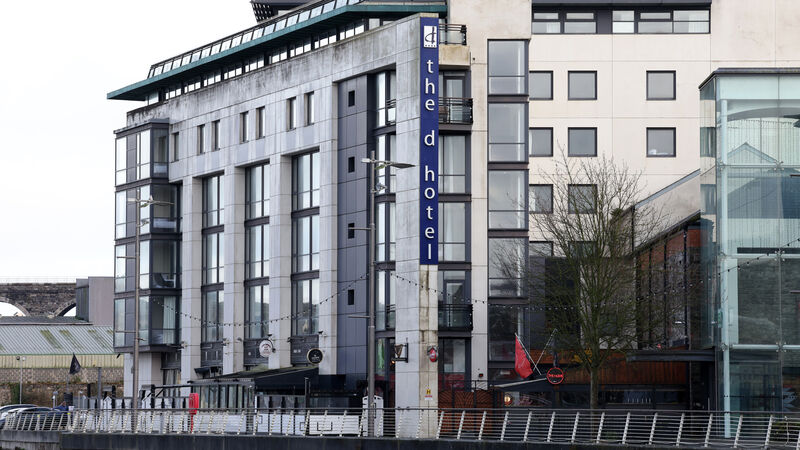Cost of housing refugees in private accommodation three times that of State-run facilities

The D Hotel in Drogheda was signed over for asylum seeker accommodation without prior notice being given to local representatives. Picture: Leon Farrell/ RollingNews.ie
The average cost for a bed for either asylum seekers or Ukrainian refugees in privately operated accommodation is nearly three times that paid for the same bed in a State-run location, it has emerged.
The Department of Integration said the average cost per night in the roughly 180 private accommodation centres around the country is €76 per night.











